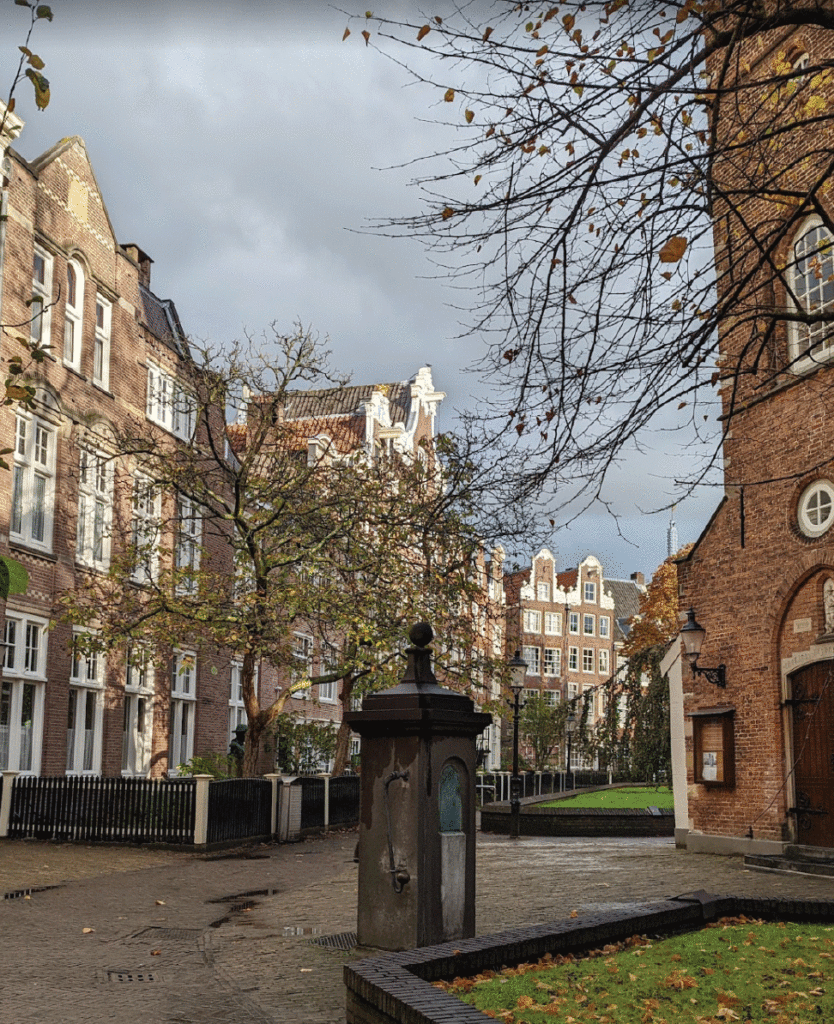Spiritual Development
Definition of a Mystic:
“a person who seeks by contemplation and self-surrender to obtain unity with or absorption into the Deity or the absolute, or who believes in the spiritual apprehension of truths that are beyond the intellect.” (The Oxford Dictionary)
The word “mystic” brings to my mind the white marble sculpture of the Ecstasy of St Teresa of Avila. St Teresa, eyes closed, lifted on a cloud toward heaven, with an angel holding a spear, is a reference to an experience from her autobiography, “The Life of Teresa of Jesus.”
“I saw in his hand a long spear of gold, and at the iron’s point there seemed to be a little fire. He appeared to me to be thrusting it at times into my heart, and to pierce my very entrails; when he drew it out, he seemed to draw them out also, and to leave me all on fire with a great love of God. The pain was so great, that it made me moan; and yet so surpassing was the sweetness of this excessive pain, that I could not wish to be rid of it. The soul is satisfied now with nothing less than God.“
These are precisely the kind of words, I think, that scare us so much about the mystic — the crazy sounding experience of seeking for unity with the Divine, which to the modern ear sounds an awful lot like a mental health issue.
So what could being a mystic have to offer this cynical, chaotic world?
I found part of the answer when I became intrigued by the Beguine movement of the 13th century during a visit to Amsterdam, where I visited the remains of a Beguine community, which is made up of a row of dwellings, now repurposed, surrounding a courtyard, in which a chapel stands.
In the Middle Ages, the place of women was primarily the home or the convent. However, there arose a movement of women, the Beguines, who chose to live a faithful and chaste life outside the institution of the church or convent. They were lay women who created independent communities and provided for themselves through work, such as lacemaking, embroidery, and weaving. The Beguines also provided the social services of the day, such as nursing care, education, care for orphans and the dying. They were dedicated to their faith, prayer and worship, but did not align themselves with the institution of the church. In fact, they created their own worship in the vernacular. In the days of the Inquisition, being independent of church structure was a dangerous position for women to take, and yet, at its height, there were around 1 million Beguines, particularly in the Netherlands, Belgium, Germany and France.

The Beguines revealed the needed connection between contemplation and the mystical, with action in the world. These women sought unity with the Divine, captured in the words of Mechtild of Magdeburg, a Beguine in Germany, in her book, “The Flowing Light of the Godhead.”
“The soul is made of love and must ever strive to return to love. Therefore, it can never find rest nor happiness in other things. It must lose itself in love. By its very nature it must seek God, who is love.”
The language of the Beguines is steeped in tales of chivalry and can seem even erotic when describing the relationship between God and human.
This can feel odd to our ears and yet there is a joy, a lightness, and an energy in their words that is often missing in our present day ways of describing our personal experiences of God.
This desire to be “lost in Love” is linked and expressed through the practical provision of love toward the world that the Divine has created. By grounding the ever deepening search for the transforming Love of God within the human heart, which is often messy, contradictory, and nasty in the created world, we, along with Beguines, prevent the mystical experience from becoming an idol or an ego trip.
I believe this is the gift of the Beguines to our chaotic world. Mystical experience may be what we are seeking, but it must issue in the transformation of the human heart to greater and greater acts of Love. As well, through our connecting with our neighbour in need, we open ourselves to perceiving God’s presence in the totality of all that is. It’s a two-way street with unity, and with God our destination and compassion through service our pathway.


